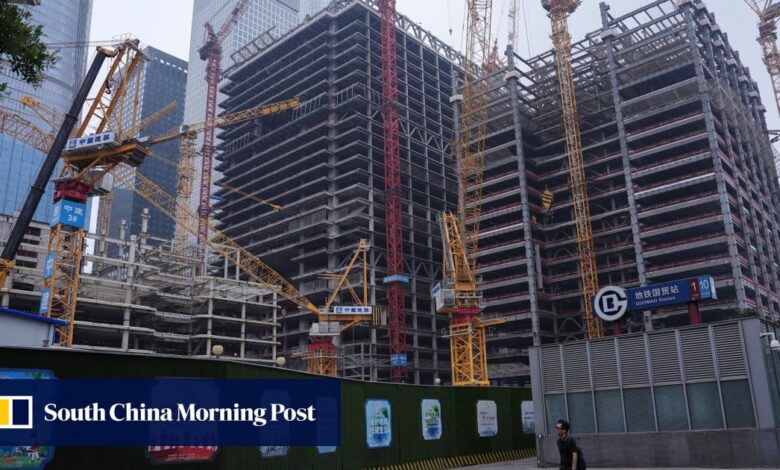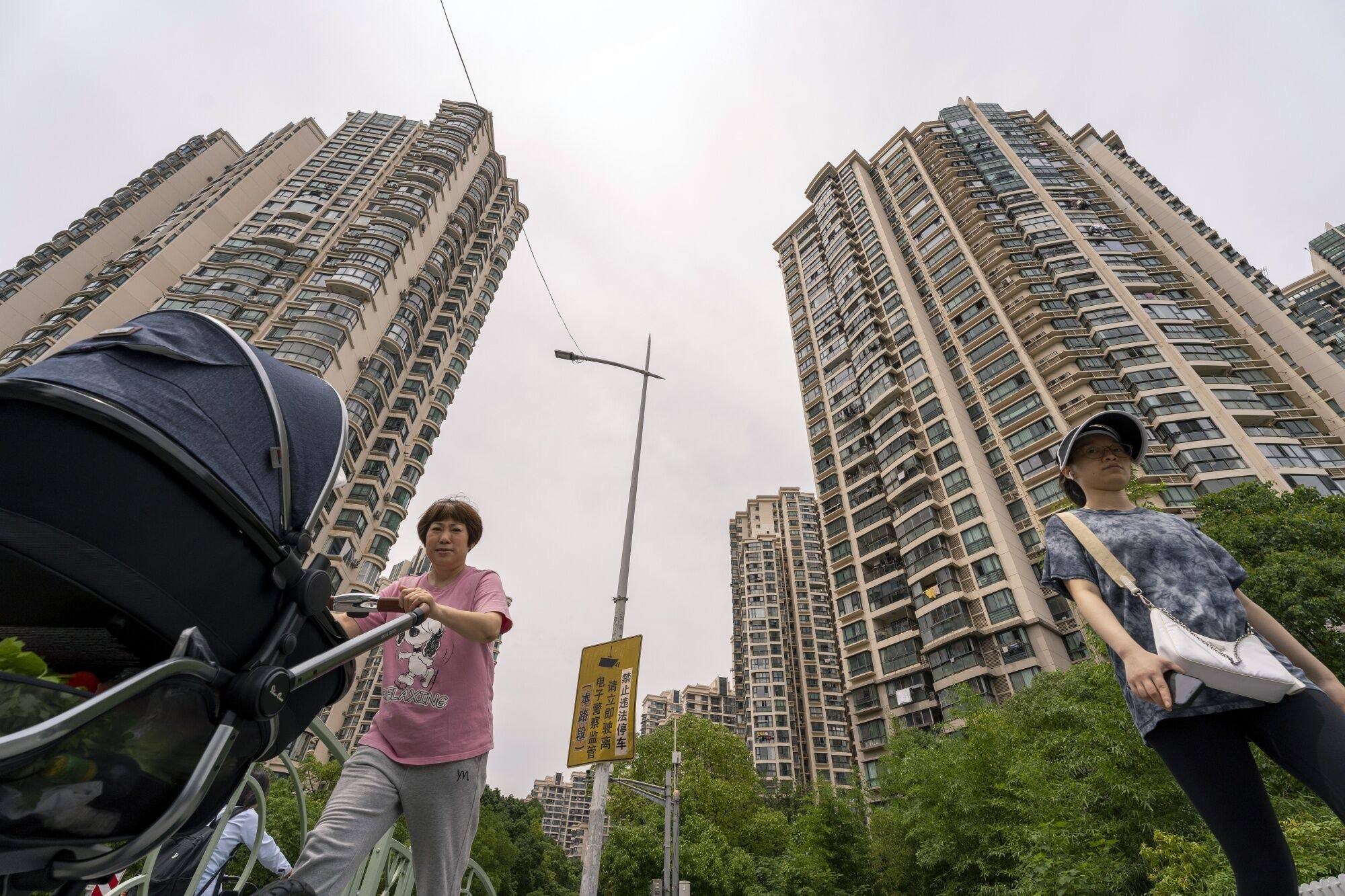China’s June home prices dip for the 13th month, adding weight to stalling economic growth

The aggregate price of new homes across 70 cities on the mainland fell by 0.7 per cent in June from a month earlier, declining at a slightly slower rate than the 0.71 per cent drop reported in May, according to data published by the National Bureau of Statistics. June’s prices of lived-in homes dropped 0.9 per cent from a month earlier, at a slower pace than May’s 1 per cent, the data showed.
The slump in the world’s largest property market dragged on China’s economic growth, which expanded at a slower-than-expected rate of 4.7 per cent in the second quarter. The property sector and related industries such as home appliances and construction materials account for about a quarter of China’s economic output.
“The property market remains front and centre” of lingering concerns about the health of China’s domestic economy, said Harry Murphy Cruise, the economist at Moody’s Analytics. “Investment continues to retreat and prices are falling sharply.”

The stubborn slump in prices is proof that the slew of stimuli and policies unveiled since last year had failed to attract property buyers or move the needle in the market. Many Chinese developers are on the brink of bankruptcy, with an unprecedented 20 million pre-sold homes that they must finish building at an estimated cost of about 3.2 trillion yuan (US$440.7 billion), according to Nomura’s research.
“Recent support [policies] are a step in the right direction but are still dwarfed by the scale of the problem. Real estate’s tentacles run deep. When the sector hurts, pain is felt economy-wide,” Cruise said. “Households are feeling the brunt of that pain the most. With close to 80 per cent of total household wealth in China tied to real estate, falling property prices are denting family finances.”
Second-hand home markets in the country’s most developed cities fared better. The prices of lived-in homes fell 0.4 per cent on aggregate in Beijing, Shanghai, Guangzhou and Shenzhen last month. That was a 0.8-percentage-point improvement from the 1.2 per cent slump in May.
Home prices have more room to fall. The sales value of new homes may shrink by 20 per cent this year to 8.3 trillion yuan, while the size may drop by between 10 per cent and 15 per cent to between 800 million and 850 million square metres (9.15 billion square feet), Fitch Ratings wrote in a research report last month.
“It is highly expected that property market policies will be further relaxed with more substantial incentives rolled out to restore investor confidence within the coming 12 months,” said Sherril Sheng, research director for the residential sector at JLL China. “An orderly rebound in the primary and second-hand property market during the second half of this year is in sight.”
The property service firm said in a report last week that owners of luxury homes in Shanghai are now reluctant to offer steep discounts to sell their properties after the authorities launched the incentives to facilitate homebuying.
Source link



